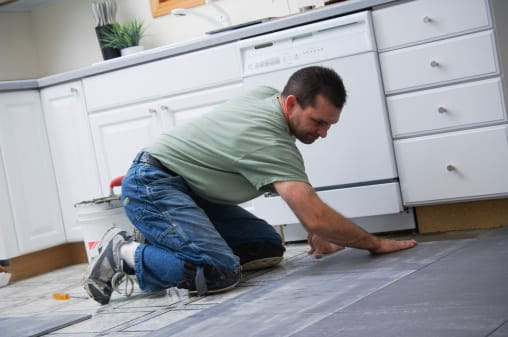Social Media and Real Estate
Social media has become a way of life in our country over the past decade. With more and more people using sites like Facebook, and applications like Twitter, Pinterest and Instagram, having a presence on social media is almost an absolute must. But what is social media? We hear that term a lot, especially on the news and in public places. Social media is those websites and applications that give users the opportunity to create and share content for the sole purpose of social networking, or communicating with others. Social media allows people and communities to connect in ways they were unable to in the past, paving the way for new or renewed connections.
 While many think social media is only an option for those looking to share family photos or cat videos, social media has opened the door to new marketing opportunities, especially when it comes to real estate. Whether a buyer, seller or real estate agent, social media is an excellent tool to get to get the word out about properties, and should you be considering a real estate search soon, don't forget to look to social media for more ways to market your property or find your dream home.
While many think social media is only an option for those looking to share family photos or cat videos, social media has opened the door to new marketing opportunities, especially when it comes to real estate. Whether a buyer, seller or real estate agent, social media is an excellent tool to get to get the word out about properties, and should you be considering a real estate search soon, don't forget to look to social media for more ways to market your property or find your dream home.
 Popular Social Media Sites
Popular Social Media Sites
What is Facebook? Facebook is probably the most popular social networking site on the Internet. Used by people around the world, Facebook allows users to make posts, share pictures and videos, and overall connect with friends, family and communities via the internet. Facebook allows users to get direct access to information via posts by people in their groups. If you're utilizing Facebook for real estate marketing, you have the ability to post listings, property pictures and other information that users will find immediately helpful. Not only that, but with the fact that Facebook users are all somehow connected via friends and groups, your listing can be shared beyond your immediate group of contacts, making Facebook a great word-of-mouth marketing tool.
The common age group of Facebook users is 25 to 34; many people who use Facebook will be interested in real estate or know someone who is. Facebook also allows users to share information about their communities and neighborhoods that might not be found on a website (because it comes directly from the people living in the community), so the amount of information that can be assessed via Facebook is almost limitless.

Twitter
What is Twitter? Twitter is an online social networking site that is also used by people around the world. The draw of Twitter is that it's a rolling conversation: it's fast-paced and posts are limited to 140 characters or less. Users have the ability to post pictures, videos and links to other media or websites that can be readily accessed by their followers. Twitter is also an excellent marketing medium because it has a great search function: if you're looking for information about a certain city, community or neighborhood, it's likely you'll be able to find Twitter conversations (or 'tweets') with relevant information and responses.
Marketing with Twitter requires a lot of engagement on both sides of the coin. Because Twitter conversations are constant, the more effort that's put forth on Twitter means the greater reach of your posts and the people who will receive the information. Twitter is a great tool in that users have the ability to attach hashtags, or #, to apply keywords or phrases to a post. This allows for greater reach, as anyone can search for a keyword or phrase, meaning the number of people that can find your post is only limited to the total number of Twitter users.
Instagram and Pinterest
Social media has become a way of life in out ever changing, technological world. Real estate is a competitive market for both Buyers and Sellers, and social media is a great, readily available tool for anyone interested in real estate to utilize to their benefit. Check out some of these sites and see the endless possibilities of social media and real estate.



 Don't Be Afraid To Go Outside Your Comfort Zone
Don't Be Afraid To Go Outside Your Comfort Zone
 Do You Have A Replacement Property Picked?
Do You Have A Replacement Property Picked?




